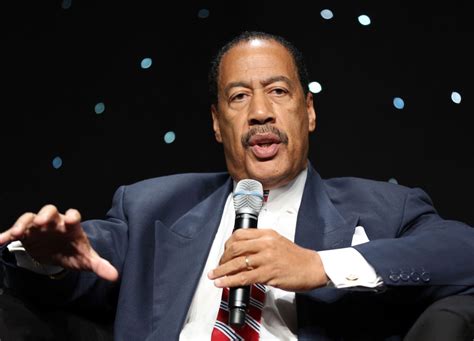A Quote by Dennis Kimbro
There can be no richer man or woman than the individual who has found his or her labor of love. Personal fulfillment through the virtue of work is the highest form of desire. Work is the conduit between the supply and the demand of all human needs, the forerunner of human progress, and the medium by which the imagination is given the wings of action. A labor of love is exalted because it provides joy and self-expression to those who perform it.
Quote Topics
Action
Because
Between
Demand
Desire
Exalted
Expression
Form
Found
Fulfillment
Given
Her
Highest
Highest Form
His
Human
Human Needs
Human Progress
Imagination
Individual
Joy
Labor
Labor Of Love
Love
Love Is
Man
Man Needs
Medium
Needs
Perform
Personal
Personal Fulfillment
Progress
Provides
Richer
Self
Self-Expression
Supply
Than
Those
Through
Virtue
Which
Wings
Woman
Work
Related Quotes
For boys, the family was the place from which one sprang and to which one returned for comfort and support, but the field of action was the larger world of wilderness, adventure, industry, labor, and politics. For girls, the family was to be the world, their field of action the domestic circle. He was to express himself in his work and, through it and social action, was to help transform his environment; her individual growth and choices were restricted to lead her to express herself through love, wifehood, and motherhood--through the support and nurture of others, who would act for her.
Morally a woman has a right to the free and entire development of every faculty which God has given her to be improved and used to His honor. Socially she has a right to the protection of equal laws; the right to labor with her hands the thing that is good; to select the kind of labor which is in harmony with her condition and her powers; to exist, if need be, by her labor, or to profit others by it if she choose. These are her rights, not more nor less than the rights of the man.
Between labor and play stands work. A man is a worker if he is personally interested in the job which society pays him to do; whatfrom the point of view of society is necessary labor is from his point of view voluntary play. Whether a job is to be classified as labor or work depends, not on the job itself, but on the tastes of the individual who undertakes it. The difference does not, for example, coincide with the difference between a manual and a mental job; a gardener or a cobbler may be a worker, a bank clerk a laborer.
I hear therefore with joy whatever is beginning to be said of the dignity and necessity of labor to every citizen. There is virtue yet in the hoe and the spade, for learned as well as for unlearned hands. And labor is everywhere welcome; always we are invited to work; only be this limitation observed, that a man shall not for the sake of wider activity sacrifice any opinion to the popular judgments and modes of action.
The woman is increasingly aware that love alone can give her full stature, just as the man begins to discern that spirit alone can endow his life with its highest meaning. Fundamentally, therefore, both seek a psychic relation to the other, because love needs the spirit, and the spirit love, for their fulfillment.
It is generally admitted that the cultural values (humanization) and the existing institutions and policies of society are rarely,if ever, in harmony. This opinion has found expression in the distinction between culture and civilization, according to which "culture" refers to some higher dimension of human autonomy and fulfillment, while "civilization" designates the realm of necessity, of socially necessary work and behavior, where man is not really himself and in his own element but is subject to heteronomy, to external conditions and needs.
Degrees of ability vary, but the basic principle remains the same: the degree of a man's independence, initiative and personal love for his work determines his talent as a worker and his worth as a man. Independence is the only gauge of human virtue and value. What a man is and makes of himself; not what he has or hasn't done for others. There is no substitute for personal dignity. There is no standard of personal dignity except independence.
If the denial of death is self-hatred, as it is to deny our freedom and live in fear of death (which is to say, to live in a form of bondage), then the acceptance and affirmation of death is indeed a form of self-love. But I'd want to make a distinction between a form of self-love which is essential to what it means to be human, and a narcissism of self-regard, like Rousseau's distinction between amour de soi and amour propre, self-love and pride.


































